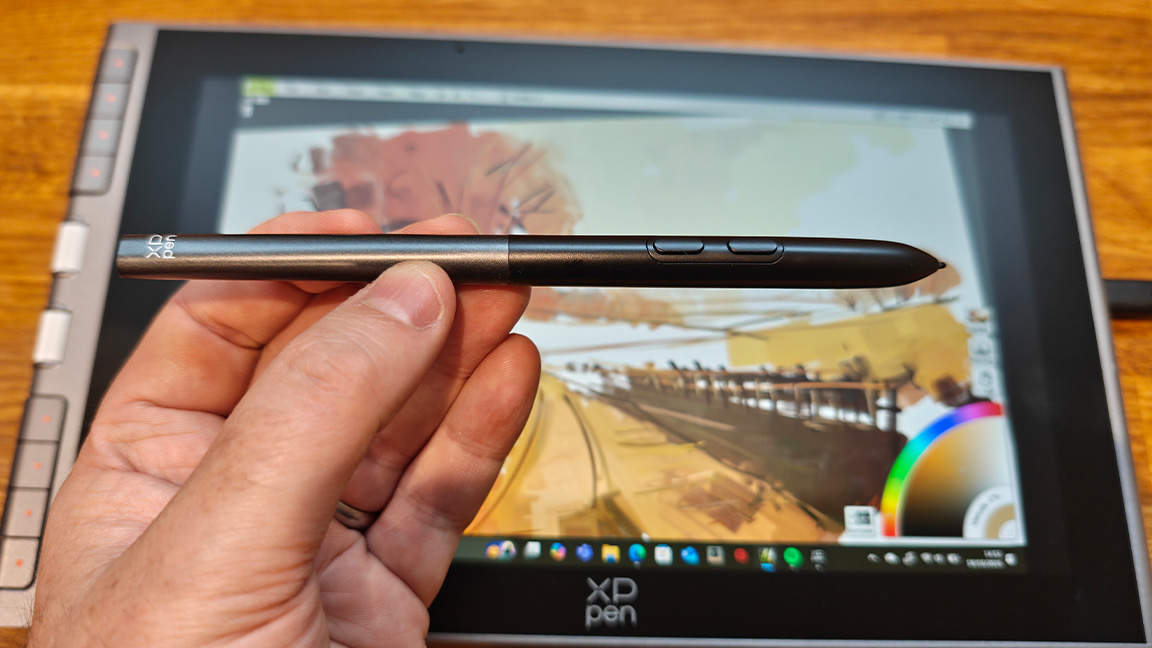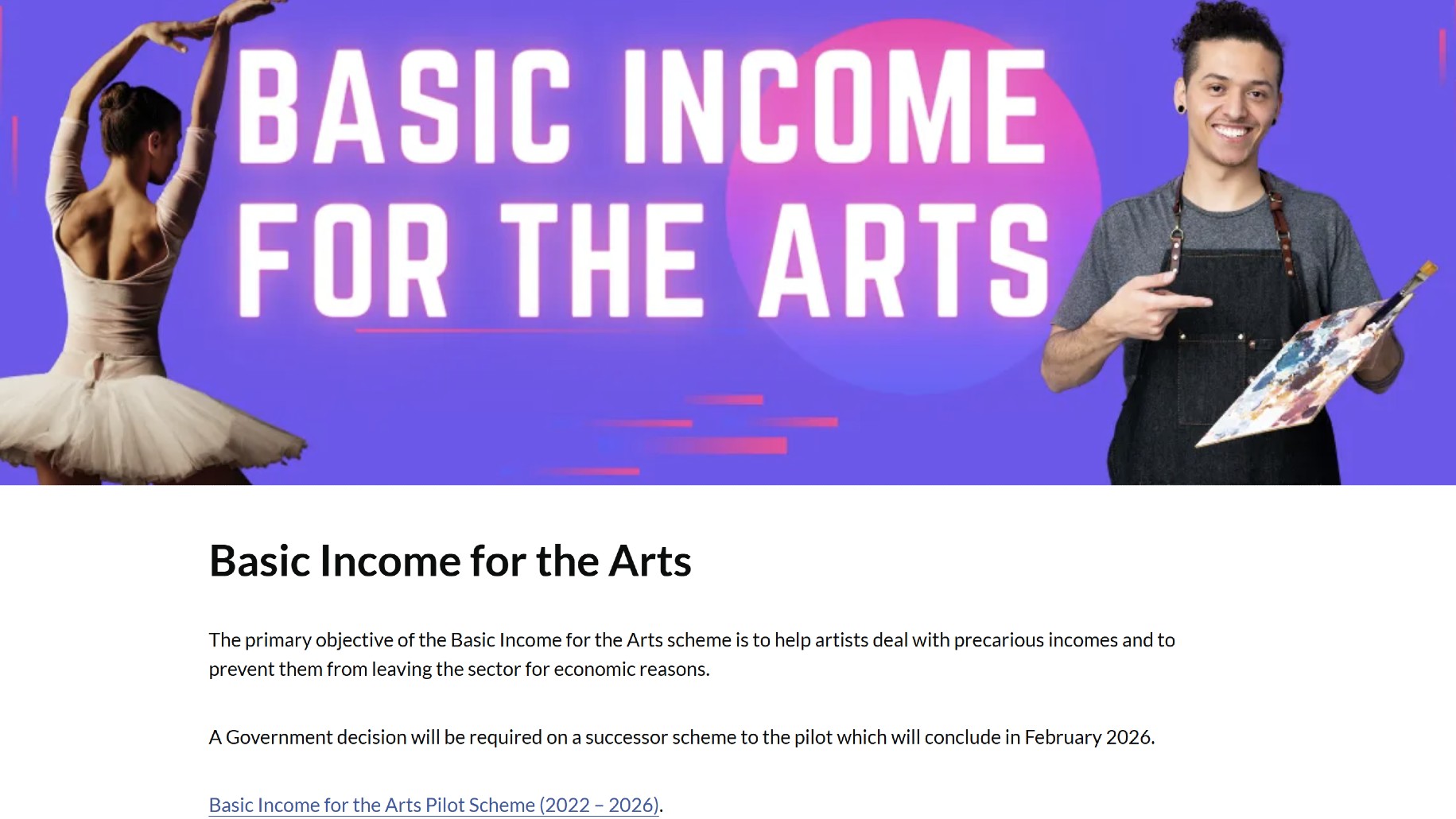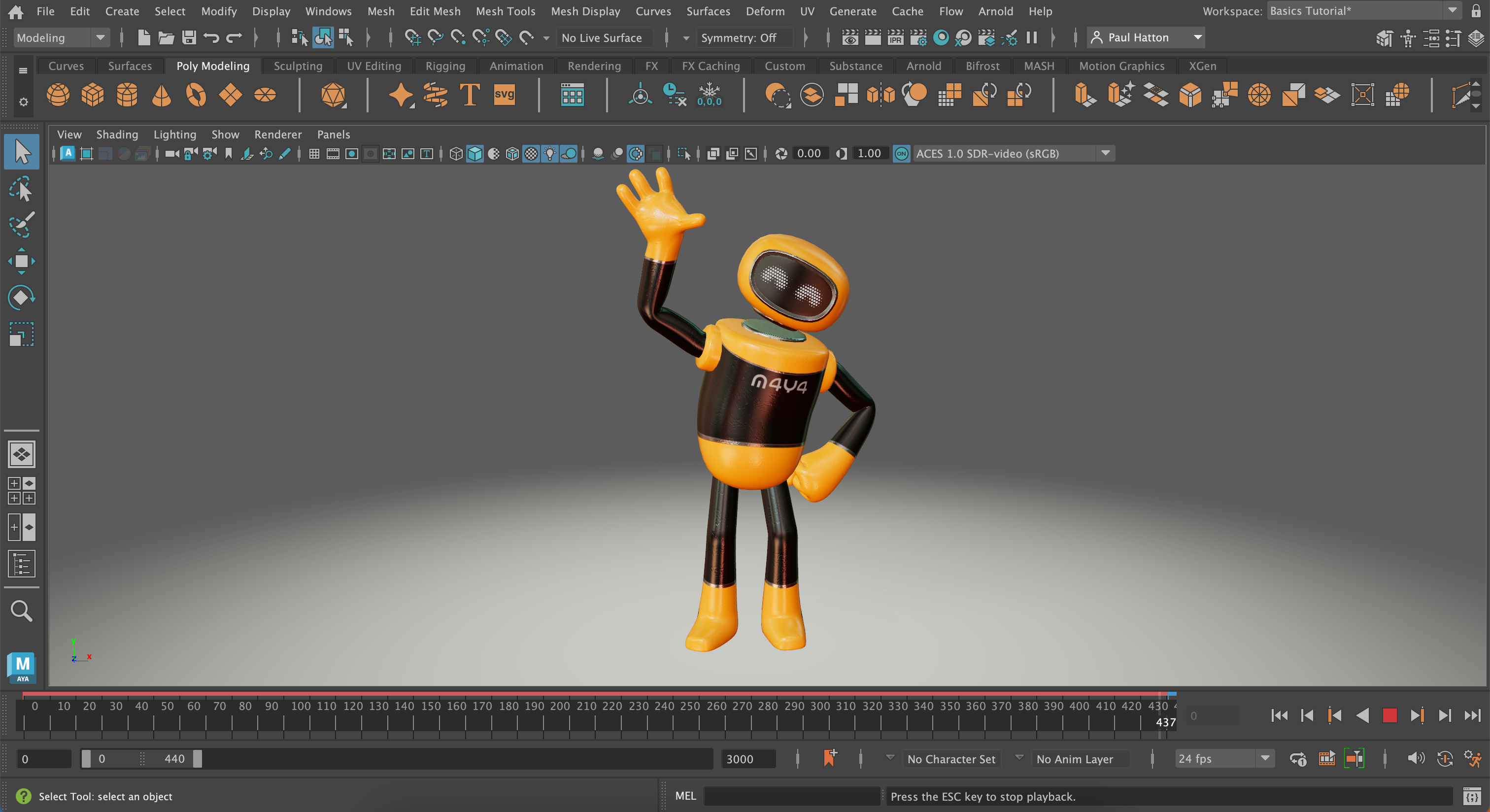
Wowsers. Ireland just announced it's making its basic income scheme for artists permanent. Since 2022, they've been paying 2,000 artists €325 a week (about $1,600 / £1,200 a month), simply to get on with their creative work. Now, after reviewing the results, they've decided to keep it going indefinitely and expand it to 4,000 people.
My immediate reaction? I'm Irish now. I mean, that sounds insanely good, right?
The eligibility criteria are refreshingly broad: practising artists, creative arts workers, or anyone trained in the arts within the last five years. You need to be over 18, based in Ireland, tax compliant, and able to prove you're actually doing creative work. That's it. No means testing based on Instagram followers or four-star Guardian reviews.
Out of 8,200 applications in 2022, 2,000 were chosen by lottery. Recipients have to maintain an active practice: applying for shows, keeping up their professional profile. Which means it's essentially a poorly paid job with paperwork. (Get full-time employment outside the sector, though, and you're out.)
The independent evaluation found recipients spent an extra four hours a week on their artistic practice, saw improved mental health and reduced financial stress. And here's the kicker: for every euro invested, society got €1.39 back.
Let that sink in. A government scheme that returns more than it costs. In the creative sector. A sector we're constantly told is a luxury we can't afford.
Why this matters
Meanwhile, here in the UK, we're still having earnest debates about whether artists "deserve" support, as if creativity is frivolous rather than an actual industry contributing billions to the economy. Never mind that every successful Netflix series, every viral game, every design that makes a product sellable, started with someone having the time and headspace to create.
Daily design news, reviews, how-tos and more, as picked by the editors.
Will a few people game the system? Almost certainly. But ultimately, so what? We seem perfectly comfortable with farmers getting subsidies, and tech startups getting tax breaks that would make your head spin. Banks got bailed out for billions. But suggest giving artists enough to survive and suddenly everyone's worried about "moral hazard".
The bottom line is this: the current system doesn't work. Expecting people to create meaningful art whilst juggling three zero-hours contracts and spiralling into anxiety about rent isn't just cruel, it's stupid. You don't get good work from stressed, exhausted people.

The scheme costs €25 million annually. And relatively speaking, that's nothing in government budget terms. For comparison, a full universal basic income for Ireland was estimated at €41 billion. This is a rounding error that happens to create measurable positive outcomes.
It's not perfect
Of course, let's not carried away: Ireland hasn't just created artist paradise. Dublin rent is high. And there are only 4,000 spots for thousands of applicants. But here's what's genuinely impressive: they've proved it works, and they're committing to it anyway. No quietly cancelling when headlines die down. No "further review needed". Just: this is good policy, we're keeping it.
Should other countries be paying attention? Absolutely. Should the UK be embarrassed that Ireland's figured out how to support creative workers whilst we're still arguing about whether art is a "real job"? One hundred percent.
As AI threatens to upend creative industries along with everything else, Ireland's essentially saying: we value human creativity enough to invest in it. Not as charity, but as economic policy that demonstrably works.
Now, where did I put my Irish passport application?

Tom May is an award-winning journalist specialising in art, design, photography and technology. His latest book, The 50 Greatest Designers (Arcturus Publishing), was published this June. He's also author of Great TED Talks: Creativity (Pavilion Books). Tom was previously editor of Professional Photography magazine, associate editor at Creative Bloq, and deputy editor at net magazine.
You must confirm your public display name before commenting
Please logout and then login again, you will then be prompted to enter your display name.
